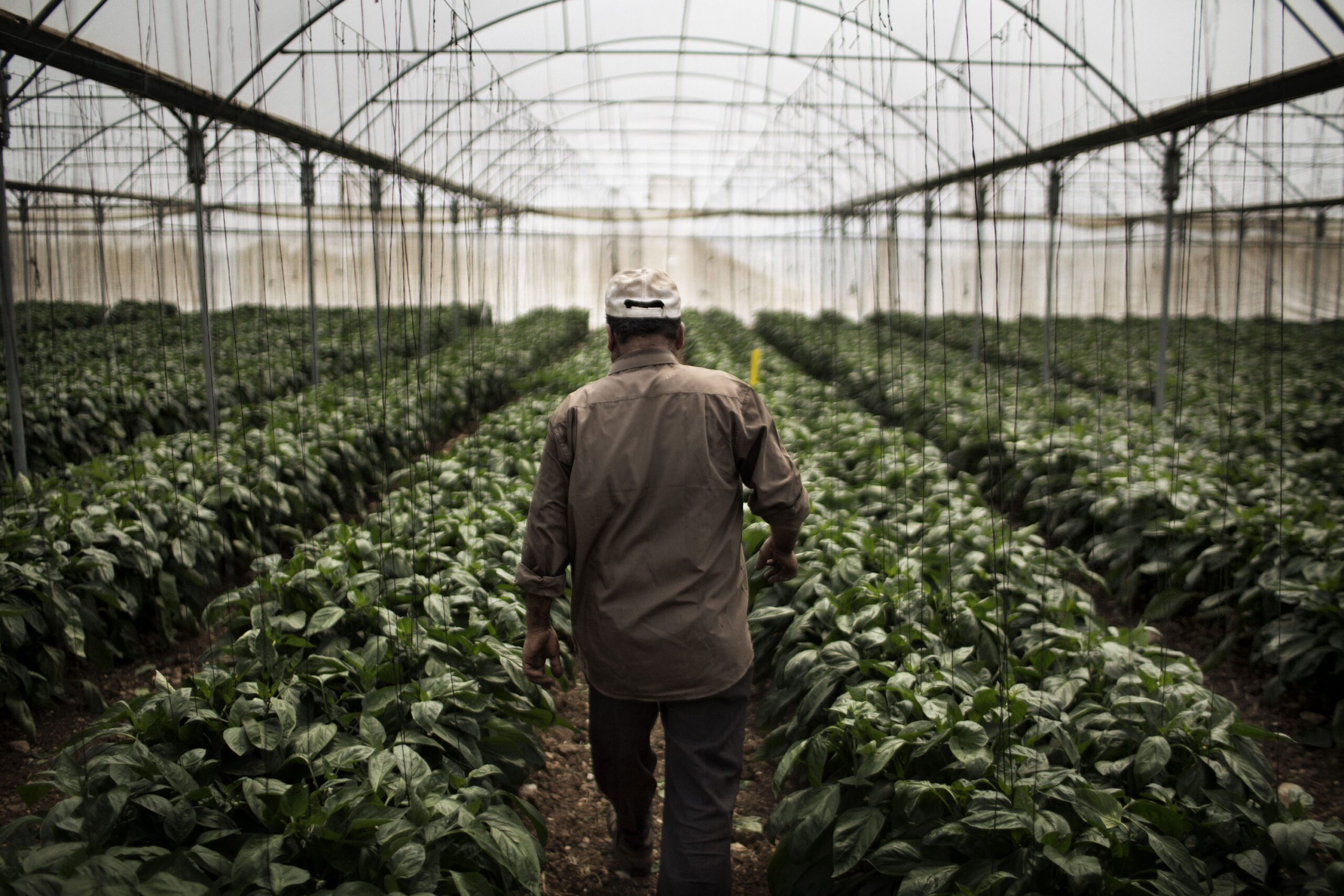PROJECT SUMMARY
Development banks can play an important role in the transformation to less wasteful food systems. A new brief sets out how.
CONTEXT
One third of all food produced is lost or wasted, seriously impacting economies, societies and the environment. Development banks can play a key role in helping to reduce food loss and waste along the supply chain.
Food produced for human consumption is being lost or wasted at the rate of 1.3 billion tonnes each year, equating to almost 1.5 billion hectares of productive land squandered. Food losses alone – which refer to the food lost post-harvest prior to reaching the retail stage – were estimated at 14 percent in 2019.
The cost to the environment and climate is considerable; the global environmental footprint of food loss and waste is approximately 7 percent of GHG emissions and 6 percent of global freshwater withdrawals, while the annual economic cost is estimated at USD 1 trillion.
This means there is a strong business case for the private sector to reduce food loss and waste, with, in many cases, the benefits of eliminating losses outweighing the costs of interventions.
Tackling the issue is gaining momentum, with the private sector setting targets and implementing food loss and waste programmes. Businesses are also partnering through targeted networks and coalitions. While private sector responses show promise, their full potential will only be realized if the right public sector interventions are in place to remove critical barriers which prevent progress.
ACTIVITIES
In 2019, the EBRD and FAO embarked on a comprehensive study to assess trends, challenges and opportunities for development banks to support governments and private companies in their efforts against food loss and waste throughout supply chains by providing a detailed analysis and strategic insights.
The multidisciplinary team conducted consultation, reviewed original research, undertook informant interviews and provided analysis to:
- summarize the challenges of food loss and waste;
- identify action areas for development banks to meet challenges;
- understand key technical aspects related to existing methods and standards for measuring and tracking food loss and waste;
- offer recommendations for development banks to work in alignment with public interventions;
- review the business case for reducing food loss and waste; and
- explore options to attract private sector investment, including through a dedicated blended finance facility and institutional solutions within development banks.
The research team also looked at ways in which development banks can work to support governments and private companies, to create broad-based support for food loss and waste reduction.
Achievements
The study resulted in the development of an Investment Brief – Investing in Food Loss and Waste: What’s in it for Development Banks which summarizes the challenge of food loss and waste and identifies action areas for development banks. The goal is to outline potential action areas, including assistance during the COVID-19 pandemic, data collection and analytics, and direct country-level interventions, with a food systems approach. The brief presents options to attract private sector investment, including through a dedicated blended finance facility and institutional solutions within development banks.
Five key action points identified include:
- Provide immediate and dedicated assistance to minimize food loss and waste during the COVID-19 pandemic and its aftermath.
- Support data collection and analytics through innovative technologies.
- Carry out context-specific interventions, considering economies of scale and taking a food systems approach.
- Attract private sector investment and launch a global or regional facility using blended finance.
- Create institutional solutions for the food loss and waste reduction agenda.




































